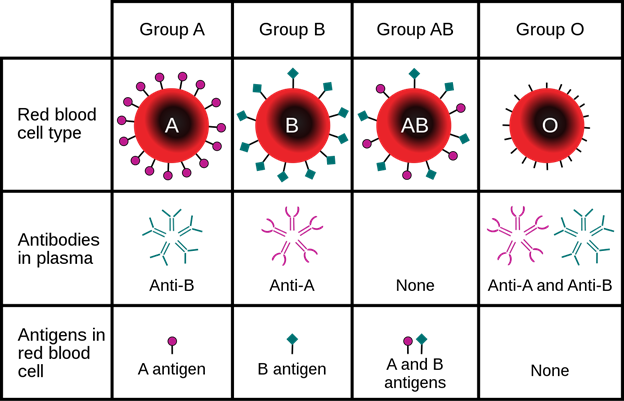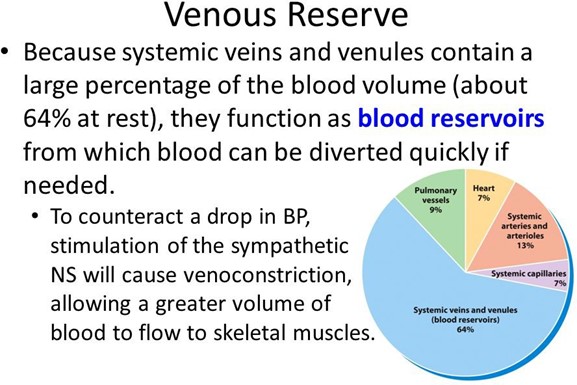The pulmonary circuit:
Sends oxygen-poor blood to the tissues.
Sends oxygen-poor blood to the heart.
Brings oxygen-rich blood from the tissues.
Sends Oxygen-poor blood to the lungs.
The Correct Answer is D
The pulmonary circuit sends oxygen-poor blood to the lungs, where it is oxygenated and returned to the heart.
This is distinguished from the systemic circuit, which sends oxygen-rich blood to the tissues and returns oxygen-poor blood to the heart.
Choice A is wrong because it confuses the pulmonary circuit with the systemic circuit. The pulmonary circuit does not send blood to the tissues but to the lungs.
Choice B is wrong because it only describes part of the pulmonary circuit.
The pulmonary circuit sends oxygen-poor blood to the heart, but only after it has been oxygenated in the lungs.
Choice C is wrong because it confuses the pulmonary circuit with the systemic circuit. The pulmonary circuit does not bring blood from the tissues but from the heart.
Nursing Test Bank
Naxlex Comprehensive Predictor Exams
Related Questions
Correct Answer is D
Explanation
This is because blood type AB has both A and B antigens on the surface of red blood cells.

Antigens are protein molecules that can trigger an immune response if they are foreign to the body.
Choice A is wrong because antigen B only is present in blood type B.
Choice B is wrong because neither antigens A nor B are present in blood type O.
Choice C is wrong because antigen A only is present in blood type A.
Normal ranges for blood types vary by population, but according to the NHS, about 3% of people in the UK have blood type AB.
Correct Answer is B
Explanation
Veins are the type of blood vessel that holds the greatest volume of blood and serve as reservoirs for blood.

According to 1, veins contain about 70-80% of the blood volume in circulation.
Veins are also called capacitance vessels because they can expand and store more blood when needed.
Choice A. Capillary is wrong because capillaries are very thin and narrow vessels that allow the exchange of gases and nutrients between the blood and the tissues.
Capillaries have a very small volume compared to veins.
Choice C. Arteriole is wrong because arterioles are small branches of arteries that regulate blood pressure and blood flow to the capillaries.
Arterioles have a higher resistance and lower volume than veins.
Choice D. Artery is wrong because arteries are thick and muscular vessels that carry oxygen-rich blood away from the heart to the rest of the body.
Arteries have a higher pressure and lower volume than veins.
Normal ranges for blood volume vary depending on age, sex, weight, and health status, but generally range from 4 to 6 liters for adults.
Whether you are a student looking to ace your exams or a practicing nurse seeking to enhance your expertise , our nursing education contents will empower you with the confidence and competence to make a difference in the lives of patients and become a respected leader in the healthcare field.
Visit Naxlex, invest in your future and unlock endless possibilities with our unparalleled nursing education contents today
Report Wrong Answer on the Current Question
Do you disagree with the answer? If yes, what is your expected answer? Explain.
Kindly be descriptive with the issue you are facing.
